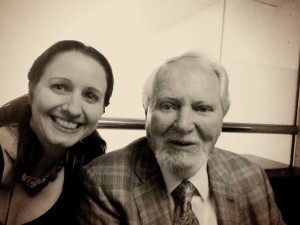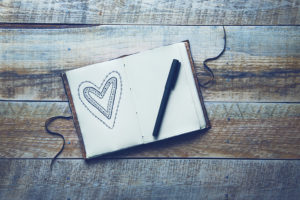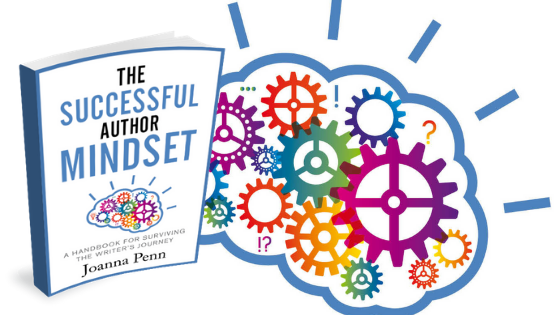My writing is terrible. What's the point in even trying? I'm just not good enough. Even if I get a publishing deal, everyone will find out I'm a fraud. I can't really write.
You might recognize these thoughts because they happen to pretty much every writer! In this video and article, I tackle the issues of self-doubt and imposter syndrome, felt by even the bestselling authors at the top of the field.
This is an excerpt from The Successful Author Mindset.
You can watch the video below or here on YouTube:

A few years ago, I went to ThrillerFest in New York to hear some of the biggest authors in the industry speak. One panel featured R.L. Stine, who has sold over 400 million books, Lee Child of Jack Reacher fame, and David Morrell, who created the character of Rambo.
It also included one of my own writing heroes, Clive Cussler, who sat next to Sandra Brown, a romantic suspense author with over 36 New York Times bestsellers.
Collectively, the authors on the panel had sold over 600 million books and had been translated into 35 languages. They were at the pinnacle of writing success and it was both intimidating and inspiring to hear them all speak.

After a great panel discussion packed with anecdotes, one member of the audience put her hand up.
“I'm a new writer,” she said. “I'm halfway through my manuscript and I feel like it's terrible. I'm doubting my story. My writing sucks. I think I should just throw it all away because it's so bad.”
These mega-successful authors all nodded and smiled at her with recognition on their faces.
Then, one by one, they spoke of their own self-doubt.
“Even after making the bestseller lists so many times,” said Sandra Brown, “I feel like I'm a fraud and that this time everyone will find out.”
David Morrell talked about reading his words from yesterday, the words he thought were amazing at the time, only to find they were terrible … and how that happens most days.
They went along the panel and every single one of those authors, some of whom have been writing for over forty years, said they all suffered from various aspects of self-doubt.
“Bad writers tend to have self-confidence, while the good ones tend to have self-doubt.” Charles Bukowski
This comforted me because, like everyone else in the room, I feel waves of self-doubt on a regular basis. It comes through if I second-guess my first draft writing and let my internal editor start work before I finish the draft.
It gets particularly bad when I am about to publish a novel or when I'm asked to speak or give an interview about my fiction. It gets especially bad at writing conferences when I can't help but compare myself to other authors.
Here's an excerpt from my journal in February 2011, on the launch of my first novel

My journals are full of passages like that. Those of you who read my books and listen to my podcast might not realize it, though, because I tend to keep my fears and insecurities inside the pages of my private writing. But now I'm being open about it because I realize that we're all the same.
Imposter Syndrome and Self-doubt
To take it even further, imposter syndrome is an extension of self-doubt. It's the feeling that, despite the number of books written and the levels of achievement reached, we are frauds just pretending to be writers. Amazingly, this seems to be more common amongst the most successful authors.
Imposter syndrome is rife in the author community, hidden by a veil of ‘keeping up appearances.'
So, if you meet an author who seems a little distant or stand-offish, chances are that they feel like someone is about to discover that they are just a bag of jangled nerves. They are waiting to be found out and cast back into the darkness.
It seems that wherever we are on the writer's journey, self-doubt will come along for the ride.
Antidote
Embrace self-doubt as part of the creative process. Be encouraged by the fact that virtually all other creatives, including your writing heroes, feel it too with every book they write.
In fact, if you don't feel any kind of doubt, there's probably something wrong! And if you've reached the heights of imposter syndrome, you're probably doing pretty well in your writing career.
When you feel that creeping self-doubt, acknowledge it. Write down your feelings in your journal … and then continue with your writing.
If you're suffering badly, by all means talk to your writing community about how you feel. But I think there is a shelf life for this kind of confession from writers. Other authors and readers may be sympathetic if you share occasionally, but a writer who constantly talks about their self-doubt may erode the reader's confidence over time.
So take a deep breath and get back to the blank page.
“Do you need someone to make you a paper badge with the word ‘WRITER' on it before you can believe you are one?” Stephen King, On Writing
This is an excerpt from The Successful Author Mindset. Available now in ebook, print and audiobook formats.

